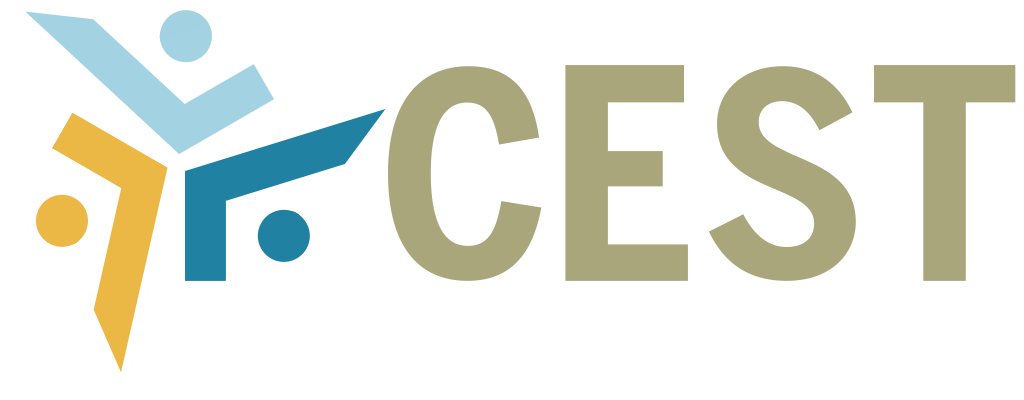– April 25, 2018 –
According to Professor Rodrigo Filev, Ph. D., Smart Home technology is silently invading our homes.

Prof. Filev, how do you see the future of ‘Smart Home’ technology?
I do not see it as future but something of the present that silently invades homes. For better or for worse, a change is occurring, and we are getting used to a new reality. Today there are several IoT kits for you to install in your home to facilitate household chores, such as to check open windows, people´s presence, or to indicate when someone opens or closes the door. Some parents use this type of technology to make sure their children get home while they are at work.
Companies sell home monitoring services that can be used remotely. The smartphone is a widely used interface for various home automation mechanisms or services you get when you are at home. There are several home automation kits that integrate into smartphones applications to make a lot of configurations from simple things such as lamp managing in an environment to activating actuators that physically alter the environment: close the doors or unplug an electric device by cutting off the power of an outlet.
A few of these solutions have artificial intelligence mechanisms for autonomous decision making. In Brazil, it is still rare, but it is becoming increasingly common in foreign homes, the presence of virtual assistants that monitor the conversations in the house and suggest products and services when they detect a need. Note that this means that there is an electronic element connected in the cloud with a service provider that constantly monitors the home environment and learns about habits, needs, and even desires.
I imagine that in the future we will have robotic equipment in our homes because when we talk about the IoT, there is a great emphasis for sensors, but little for actuators. However, one of the great changes that the IoT brings is the possibility of acting in the environment. It is still not common in Brazil today to have autonomous vacuum cleaners that clean the house without constant human intervention, but soon it will be the usual equipment.
What are the biggest challenges of this technology?
Privacy is one of the great challenges. It really is. Collecting such amount of data about an individual enables to know many things. It is possible that the computer systems discover some characteristics or activities the individual does not want to be known. It is quite feasible that AI algorithms, collecting information from various sources, can “discover” a secret. Note that this issue is quite common and is under discussion in important forums such as the IEEE. As a member of CEST and FEI, I participate in the IEEE P7004 group whose mission is to regulate the use of children´s data by companies. The group started because companies collect a lot of data from children during their school life through electronic systems developed to aid the school and the child. However, the amount of data can be used to predict a child’s future, which may jeopardize even his/her future independence.
Another issue, also related to privacy, draws a lot of attention. Imagine the following scenario: you have a virtual assistant that monitors your home, and when it realizes that you need a product, or that you are sad, it offers something to help you. This is already possible and it happens. Imagine that the same device recognizes whether a voice is from an adult or a child. Now suppose the virtual assistant “hears” something that seems to be a discussion in which an adult is yelling and a child crying. And if a phrase with the word “kill” or “squeak” for example is said, what is the right thing to do? Should the assistant tell the police that there is a potential homicide in progress? Or should you advise that a child is in danger? What is the risk of the warning being a mistake? But what if the warning is not a mistake and a lack of action results in a child being the victim of an incident? Is the assistant guilty? Is the assistant manufacturer guilty? Could the system interpret situations to sell products and services, but could not save a person at risk? These are just some of the dilemmas to be faced in the future.
In your opinion, will this kind of technology be viable for everyone?
I do not see this technology used in all Brazilian homes in a short time, but in the future, yes. It seems to me that the adoption of this technology will be faster in some countries due to its costs. In Brazil, we still have to worry about secular issues that are simpler in technology, and that will bring benefits to people’s quality of life. In the future, many of these technologies will be as common as having a television at home. As we face a digital divide, not only in Brazil but also in many other countries, several homes will have this type of technology in the next decade. Some will usually have the Internet of Things present in their daily household. As we face a digital divide, not only in Brazil but also in many other countries, several homes will have this type of technology in the next decade, and some will have the Internet of Things commonly present in their daily household. Probably this technology will be applied first to the business of big cities, and it is a fact that this adoption has already begun. Today we even have this technology in mass transportation (at least one case in Brazil). Notice that there is billboard advertising on platform doors that recognize the passengers´ facial expressions. The question that remains is what will be done with the data, and how it will be used to improve the services provided.
 English
English Português
Português
